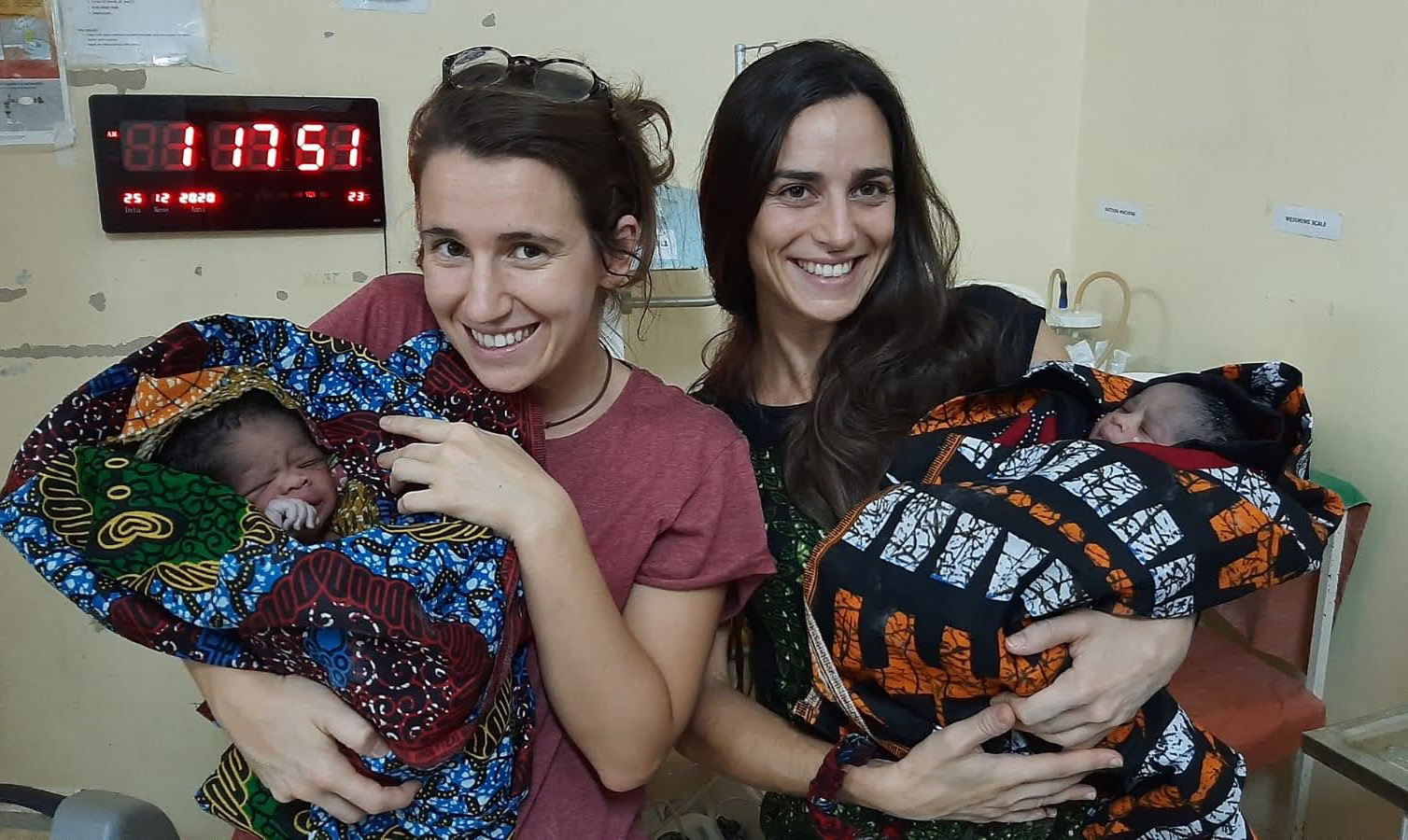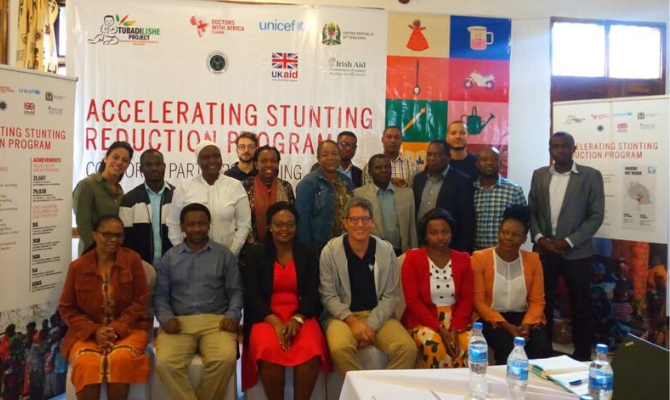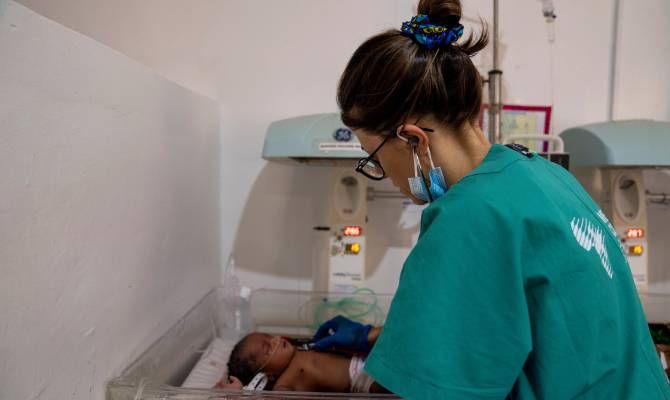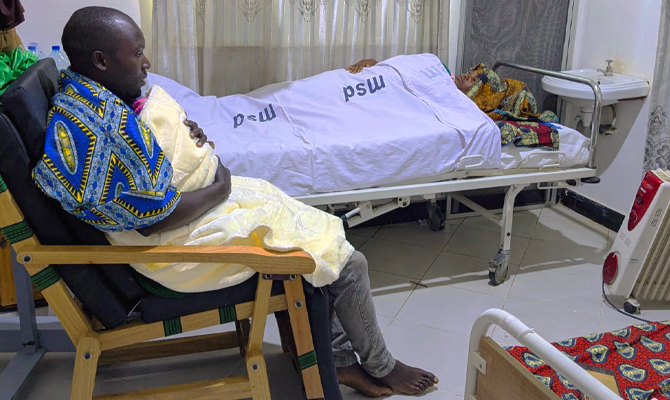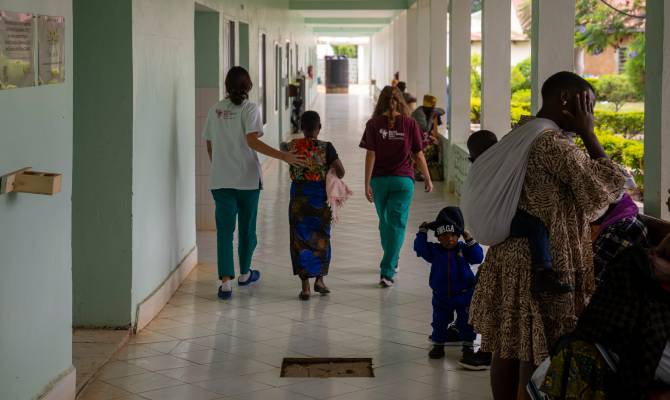“Tanzania amazed me so much: it is very welcoming; people are willing to help you with anything. Before leaving I was afraid to live in a context that I imagined unsafe. But this was not the case at all: being a country with a stable political situation for years, there has always been the chance to go out safely both in the village and in town” – says Stefania, JPO of gynaecology and obstetrics at the University of Milan Bicocca, who returned to Italy in early March after 6 months of service in Tosamaganga, in Tanzania.
During her university years, Stefania had already spent two months in Cameroon, gaining experience particularly in the delivery room. Then to India, where she worked as a nurse at a leper colony.
“This year, being at the 5th year of the specialty, I have had a more critical eye, a greater awareness and attention to the professional aspects- continues Stefania-. It was an incredible experience: a continuous stimulus, 14 hours a day. You face extreme situations, you have few resources and rediscover a more “human” medicine, more based on contact than the one we practice in Italy”.
Often here we lose ourselves behind bureaucracy and we immediately resort to instrumental examinations while in Africa the relationship with the patient, the medicine of the senses returns central. “Semeiotics is a great added value, especially for gynaecology and obstetrics – adds Stefania -. I have learned a lot in recent months: to know how to listen, how to interpret facial expressions of women, and to understand just from the clinical condition at what point the labor is, etc. I believe we should rediscover here too this dimension of the senses, which for obstetrics is fundamental“.
Among the many lessons learned in these months spent on the field, Stefania recalls the strength, dignity and courage with which people, in particular the mothers she took care of in hospital, face life. A life in which great joys and immense sorrows are intertwined every day and that is why it must be taken with “lightness”. And then the solidarity that you breathe, between mothers, but also among the staff. “There is great collaboration, we work side by side with the sole aim of working in the best way”.
That’s the same solidarity and cooperation that allowed to save the life of a young mother who had been referred rom the dispensary to the hospital of Tosamaganga for an eclamptic attack, a serious complication of pregnancy that could be lethal. “When she arrived at the hospital, the woman showed no signs of eclampsia – Stefania says – but after a few days she had a crisis and we had to do an emergency C-section. The clinical situation didn’t stabilize after the surgery and many other crises followed. It was decided to intubate her, despite the fact that there was only one oxygen fan for the operating room throughout the hospital, and then we took turns checking her condition over the next few weeks. We felt an incredible satisfaction and emotion when she was extubated and recovered completely” – concluded Stefania. A tough but really brave decision that allowed to save the life of the mother and her child who are fine now.
Today Stefania is back to major in gynaecology and obstetrics here in Italy, although with the desire to stay in Tosamaganga longer: a wish that, maybe someday, will bring her back on the field.

